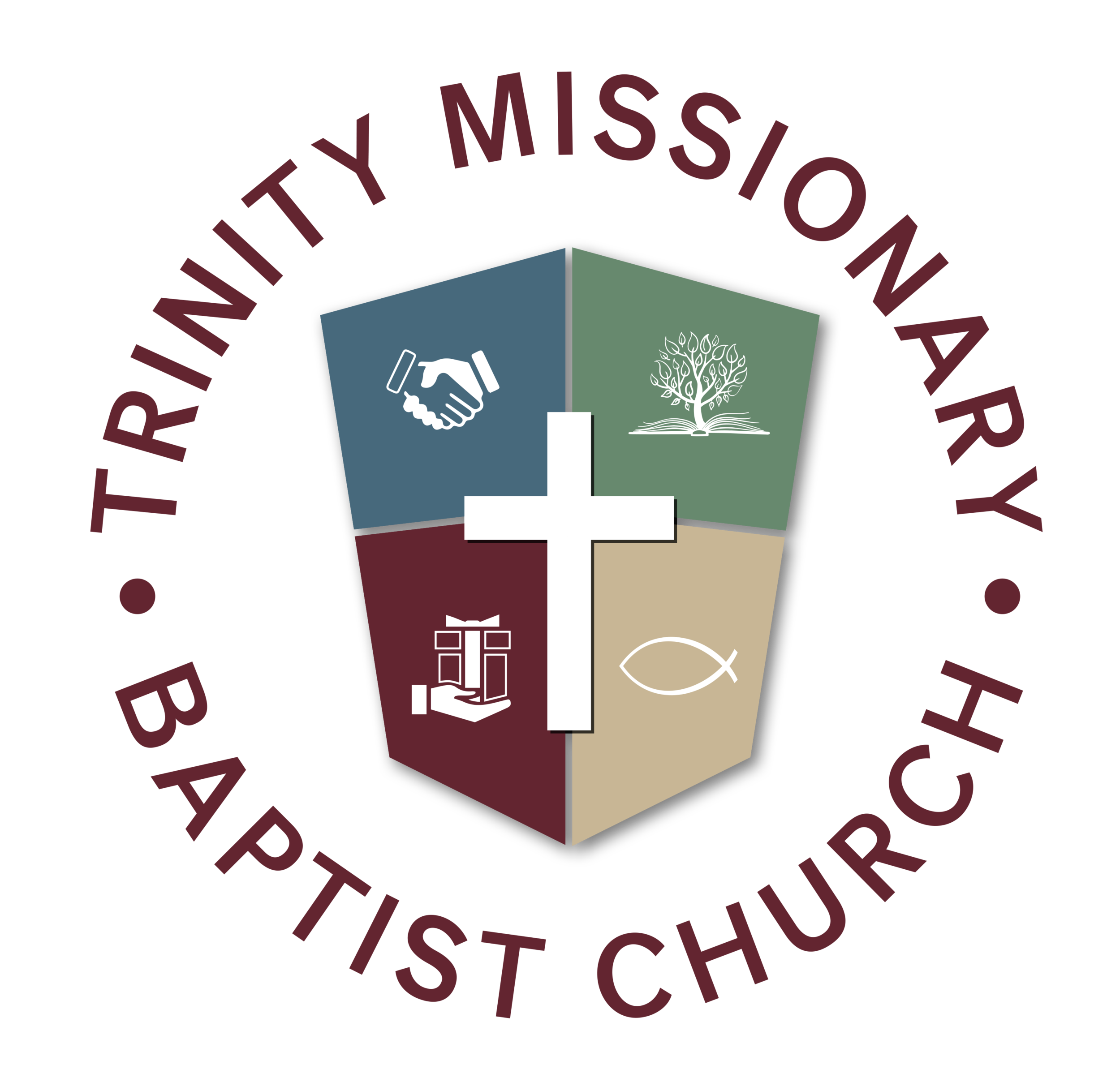A Healing Community
From 2008 to 2015, we called the month of May our Family Month here at Trinity Missionary Baptist Church. In 2016, we transitioned from Family Month to Special Needs Month. I appreciate Dianne Graham and Stephanie Taylor for suggesting that we change Family Month to Special Needs Month. Until 2016, I had never preached a series of sermons from biblical texts that focused on special needs or persons with disabilities. In studying and researching preaching and disabilities, I learned some valuable lessons. I learned that it can be inappropriate to call someone “handicapped,” “crippled,” or “disabled.” I learned to say, “persons with disabilities.”
In 1970, I was born with a chronic illness and disability called asthma. As a child, I spent numerous days in the hospital and suffered potentially life-ending asthma attacks where my chest felt like an elephant had sat on my chest. Additionally, since 2015, I’ve been living with another disability related to my back. During a morning run, one of my discs herniated. Since that time, I have lived with chronic and sometimes debilitating back pain. As a person with multiple disabilities, I do not want to be called “handicapped,” “crippled,” or “disabled.”
Some time ago, I discovered a resource that helped me examine certain biblical texts from the perspective of a person with a disability. In her book, A Healing Homiletic: Preaching and Disability, Kathy Black stated, “Often, people simply want what is best for persons with disabilities; and since the best, in their minds, is physical ‘perfection’ (i.e., a cure), they pray for a miracle. But ‘perfection’ is determined by people’s values. Our definition of physical perfection is what we believe is ‘best,’ or what we think is ‘healing’ may not be the same for the person with the permanent disability.” Some people may be uncomfortable with the idea of a “permanent disability.” Nevertheless, people go through life with a disability for which there is no cure. Every day can present new challenges and opportunities to overcome the adversities caused by a permanent disability.
After reading and pondering Black’s teachings about persons with disabilities and their need for healing and a healing community, I developed a new sensitivity to persons with disabilities and special needs. Black helped me assume a new perspective related to preaching biblical texts that highlight the individuals (persons in the Bible with disabilities) who have encountered the power of the living God manifested through the person of Jesus Christ.
Black’s teachings are relevant because at some point in our lives, we may have looked at a person with a disability and concluded that their life could be so much better if they could be cured of their disability or chronic illness. Maybe you have prayed for a family member to be healed of their chronic or debilitating condition, and it has yet to happen. Presently, the person may struggle with the possible reality of living the rest of their life with a disability that cannot be cured. Even though some persons will not be cured of their chronic condition or disability, one can still have hope for healing when living with a disability. Black suggests that the healing just may not be the kind of healing that some people expect for themselves or others.
As Jesus prepared to heal a man of his chronic and debilitating condition, he posed a poignant question to the religious leaders when he asked, “Is it lawful to heal on the Sabbath, or not?” (Luke 14:3). In Luke 14:3, “heal” comes from the Greek word therapeuō, meaning “cure.” When Jesus healed this man, He cured him of his disease. Another meaning for the word therapeuō is to serve or service. Furthermore, the word therapeuō is where get the English word “therapeutic.” What do you do when you have a disability, and there is no cure? I would like to suggest that even without a cure in our future, there can still be healing in a therapeutic sense. Black says, “When a cure is not currently possible, healing can happen through the supportive, accepting community; through our own ability (undergirded by God’s strength and the support of others) to make it through hard times; and through the different, new possibilities that are open to us.”
As a therapeutic community, we can help those born with special needs, disabilities, or debilitating chronic illnesses feel loved, welcomed, accepted, supported, and encouraged. Whenever we become this kind of community, we can bless those who have been ostracized, overlooked, left out, undervalued, marginalized, and unappreciated. I do not know about anyone else, but I need a therapeutic community to help me on those days when my disability causes me to feel down and out. I need a therapeutic community to give me a word of encouragement and let me know it will be alright. Since people need a healing community, let’s be that kind of community for God’s glory.
